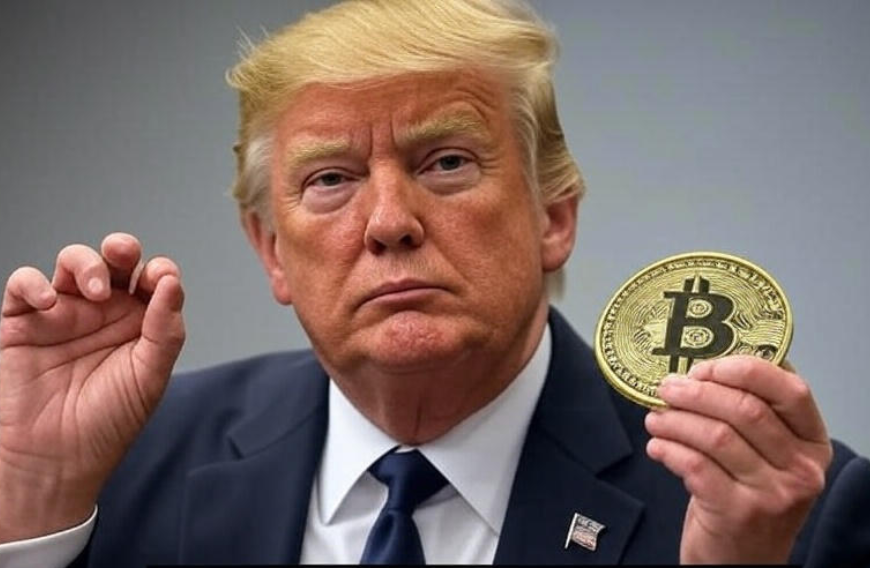Cryptocurrency has come a long way since its inception, and now it’s not only being endorsed by the U.S. government but also promoted by the White House.
House Republicans declared the next five days Crypto Week, sending a clear message on legislative priorities after passing President Trump’s “Big, Beautiful bill.” And now under Donald Trump, the self-styled crypto president, the U.S. economy may very well embrace crypto in a big way.
Crypto Week, scheduled from July 14 to July 18, is a landmark event in U.S. legislative history focusing exclusively on cryptocurrency regulation. For the first time, the U.S. House of Representatives is dedicating an entire week to debating and voting on three key bills that could significantly shape the future of digital assets in the country.
The week-long session is strategically coordinated by the House Financial Services and Agriculture Committees with strong support from Republican leadership including Speaker Mike Johnson, and alignment with President Trump’s crypto-friendly agenda. This concentrated legislative effort reflects a shift from regulatory uncertainty to proactive policymaking in digital finance.
READ: Who owns Bitcoin? Inside the $2 trillion digital asset (July 7, 2025)
The three flagship bills under consideration are:
- GENIUS Act: This bill establishes a comprehensive regulatory framework for stablecoins. It mandates that stablecoins must be fully backed by reserves, subject to monthly audits, and regulated jointly by the Federal Reserve and the Treasury. Its goal is to create trust and stability around stablecoins, encouraging their use by banks and retailers.
- CLARITY Act (Digital Asset Market Clarity Act): This legislation aims to clarify whether digital assets should be classified as securities or commodities, shifting regulatory oversight primarily to the Commodity Futures Trading Commission (CFTC). It is designed to reduce ambiguity and foster innovation within the crypto space.
- Anti-CBDC Surveillance State Act: This bill seeks to prohibit the Federal Reserve from issuing a consumer-facing central bank digital currency (CBDC), citing concerns about privacy and government surveillance.
Crypto Week represents a critical moment for the U.S. crypto market and investors. Bitcoin and other digital assets have responded positively with Bitcoin climbing past $120,000 amid growing optimism. Should these bills pass the House, they will proceed to the Senate and, if enacted, require regulatory agencies to implement rules within the following year.
“It’s one of these industries that, for a very, very, very long time has sought legitimization, either through getting these activities regulated at higher levels around the world, or through, of course, proving their real world use cases,” Dante Disparte, head of global policy for stablecoin issuer Circle, tells Axios.
While Trump and the Republicans are going full-steam ahead with their crypto plans, there is resistance from the other side of the aisle. Maxine Waters (D-Calif.), the top Dem on the House Financial Services Committee, is calling next week “Anti-Crypto Corruption Week,” calling all three bills “dangerous pieces of crypto legislation.”
READ: Bitcoin: Critics say it’s a gamble. Its users say it’s freedom. (July 12, 2025)
For President Trump, Crypto Week represents an opportunity to solidify his image as a pro-business, innovation-friendly leader. By supporting clear and pragmatic cryptocurrency regulations, he appeals to a growing base of tech-savvy voters and investors interested in the digital economy.
Championing these bills aligns with his broader agenda of deregulation and economic growth, potentially boosting job creation and U.S. competitiveness in emerging financial technologies. It also positions him as a key influencer shaping the future of finance, which could strengthen his political capital ahead of future campaigns.
In essence, Crypto Week signals a significant step toward mainstream acceptance and regulatory clarity for cryptocurrencies in the United States.






